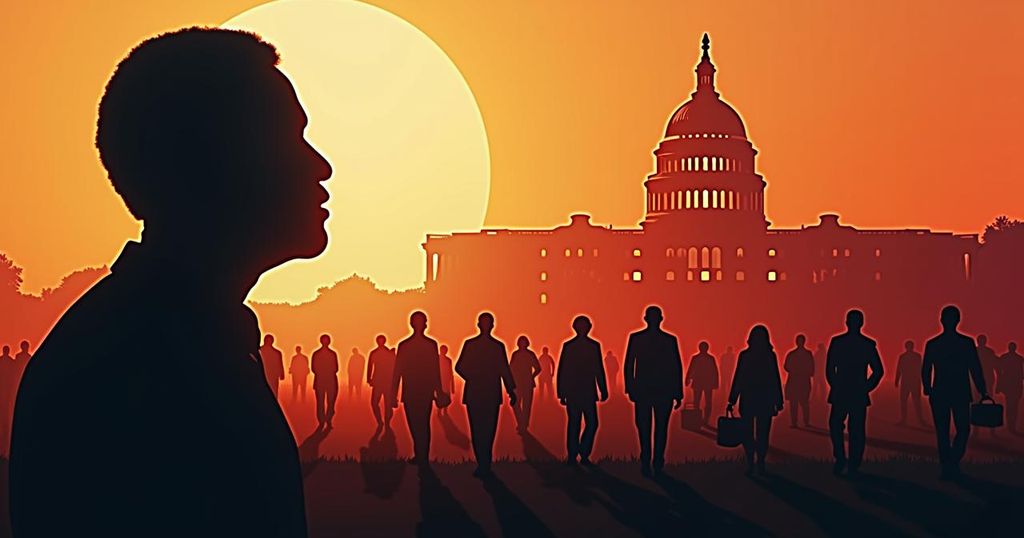The Enduring Legacy of Jimmy Carter’s Presidency in Modern Politics
Jimmy Carter’s presidency greatly influenced modern electoral politics by establishing the significance of primaries and candidate debates. His governance, marked by challenges such as inflation and Middle Eastern tensions, created a model that future presidents have followed. As he celebrated his 100th birthday, Carter’s impact on American politics remains relevant, and discussions surrounding his time in office become increasingly significant in the context of the upcoming 2024 election.
Former President Jimmy Carter reached a significant milestone, becoming the first president to celebrate his 100th birthday, which underscores his extensive and lasting political legacy. Elected during the turbulent post-Vietnam War and post-Watergate era of 1976, Carter catalyzed a transformation in the presidential nomination process, emphasizing the importance of primaries, caucuses, and debates. He is notably regarded as the first modern political outsider to win the presidency, a model that subsequent presidents have emulated to various extents. Though his presidency spanned just one term, he confronted enduring challenges that continue to affect American leadership today, including inflation, energy crises, healthcare reform, and relations in the Middle East, particularly concerning Iran. Carter’s post-presidential endeavors have earned bipartisan respect, as he contributed to societal causes such as housing and global health, yet his presidency also faced criticism for internal party conflicts and struggles with Congress. The legacy of Carter’s electoral strategies and governance remains pertinent today, particularly as presidential candidates continue to position themselves as outsiders. His administration’s legacy is evident in contemporary issues ranging from economic struggles to foreign policy challenges, reflecting his significant and often misunderstood contribution to American politics. As the 2024 election approaches, references to Carter serve both as a cautionary tale and as inspiration for current candidates.
Jimmy Carter’s presidency inaugurated a crucial shift in American political dynamics, establishing the precedent for how candidates are nominated and elected. His rise to prominence occurred amid societal upheaval, where the electorate was increasingly disenchanted with traditional political establishments, opening pathways for outsiders. This context serves to underline the relevance of Carter’s political model in the forthcoming electoral landscape, particularly highlighting the ongoing struggle between establishment and outsider candidates. His presidency, while marked by notable achievements and policies, ultimately illustrates the complexities and challenges of governance that continue to resonate with contemporary leaders.
In summary, Jimmy Carter’s presidency not only reshaped the political landscape of the 1970s but also laid the groundwork for future electoral strategies and governance styles. His focus on primaries and personal connections with voters redefined candidate outreach in a way that still influences political campaigns today. As political discourse evolves, Carter’s legacy as a political outsider and his post-presidency humanitarian efforts continue to provide valuable insights and lessons for both current candidates and political strategists alike, particularly as the nation approaches the pivotal 2024 election.
Original Source: www.usatoday.com




Post Comment